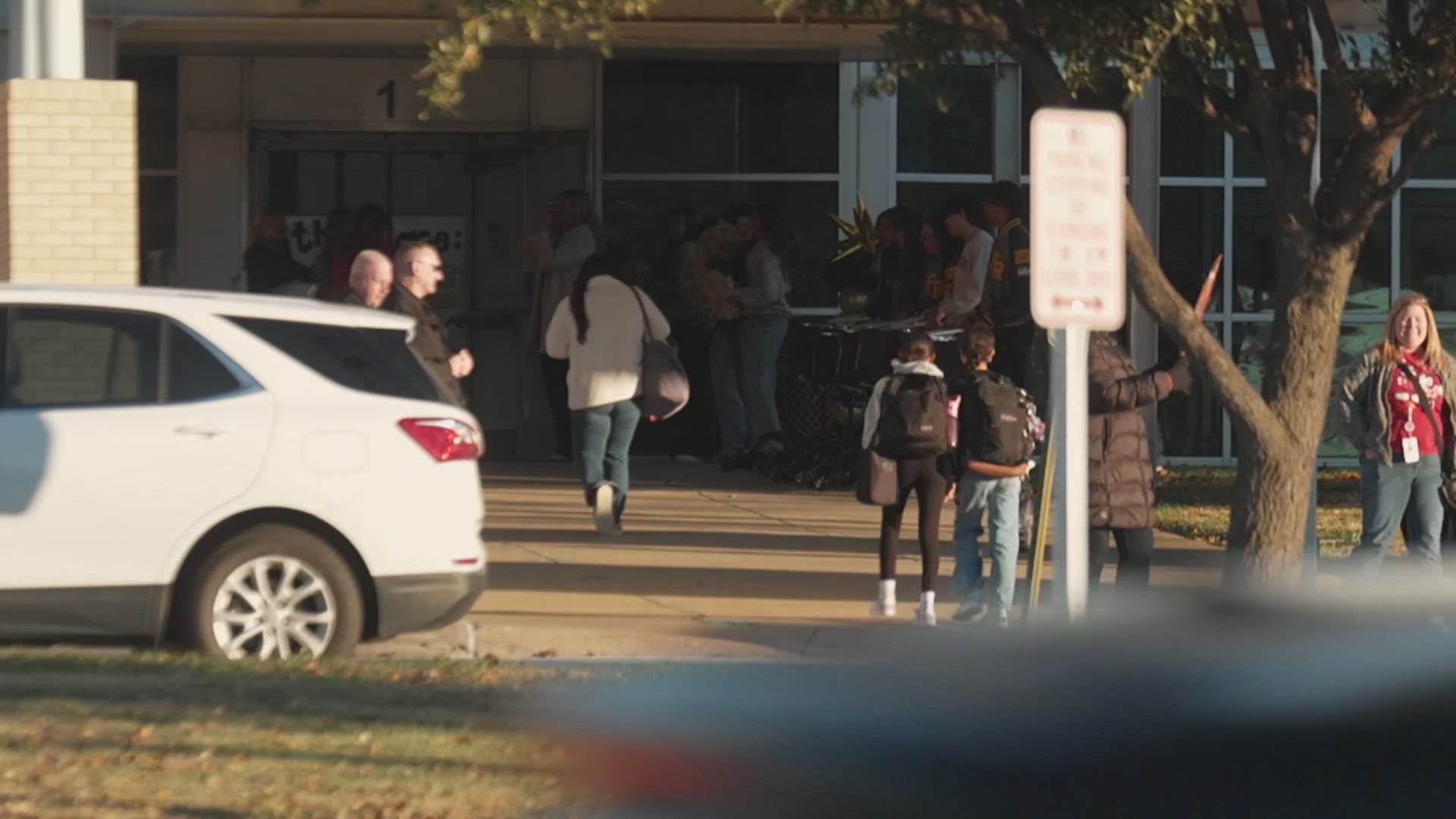TARRANT COUNTY, Texas — Attorneys for Crystal Mason, a Tarrant County woman whose voter fraud conviction was previously overturned, are calling on Texas’ highest court of Criminal Appeals to uphold a lower court’s decision acquitting her.
Criminal and civil rights lawyers representing Mason argued in a new filing this week that the court should affirm Texas’ Second Court of Criminal Appeals March decision to overturn her conviction.
Mason was convicted of illegal voting in 2016 after submitting a provisional ballot that was never counted while on supervised release for a 2012 tax fraud conviction, the Fort Worth Star-Telegram reported. She was subsequently sentenced to five years in prison.
Tarrant County District Attorney Phil Sorrells challenged Mason’s acquittal in April, insisting she committed a crime. Mason is represented in her appeal by the American Civil Liberties Union of Texas, ACLU National, Texas Civil Rights Project, criminal defense attorney Alison Grinter Allen, and civil attorney Kim T. Cole.
“For eight years, I have faced prison for simply trying to do my civic duty,” said Mason in a press release from the ACLU. “Throughout this time, I have maintained hope in the courts and in our democracy that what is right will prevail, and I will not be separated from my children and grandchildren for half a decade simply for submitting a provisional ballot that was never counted as a vote. On the eve of another major election, I hope people will think of my story and how precious our rights are.”
Lawyers for the ACLU say they’re hopeful the court will uphold her acquittal.
“The record does not support Ms. Mason’s conviction,” said Tommy Buser-Clancy, senior staff attorney for the ACLU of Texas. “Ms. Mason had no idea the state considered her ineligible to vote when she submitted her provisional ballot in 2016. She had no reason to risk separation from her family and her freedom just to cast a ballot that was never even counted. We remain confident that the lower court’s acquittal of her will be upheld, reassuring Texans that we can do our civic duty without fear of criminalization.”
Texas’ highest criminal court announced back in August that it would hear Mason’s case. The Texas Court of Criminal Appeals didn’t provide more information about why it granted Sorrells’ petition for discretionary review. Oral arguments won’t be held in the case, according to the court’s order.
The Tarrant County District Attorney argued in April that Mason was “convicted based on testimony from the election judge and poll clerk that she read the provisional voter affidavit, affirmed that she provided accurate information, signed the affidavit, and testified that the affidavit language was clearly understandable to mean that a convicted felon, such as herself, was ineligible to vote.”



